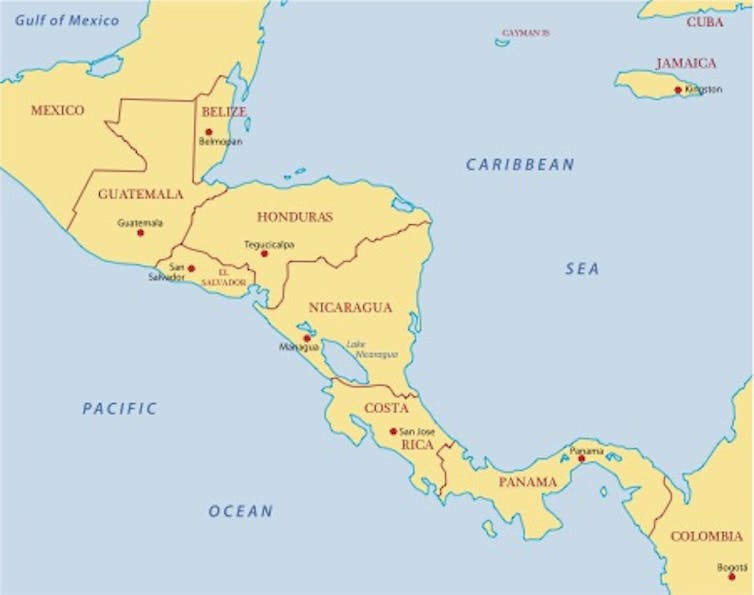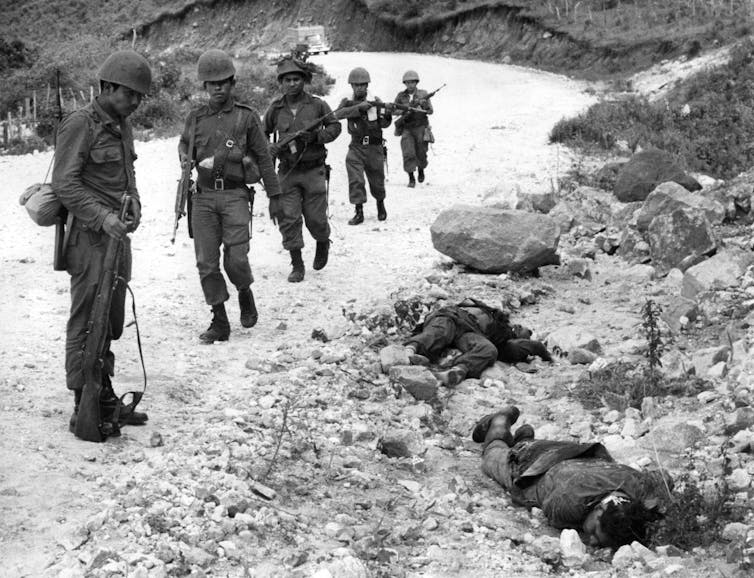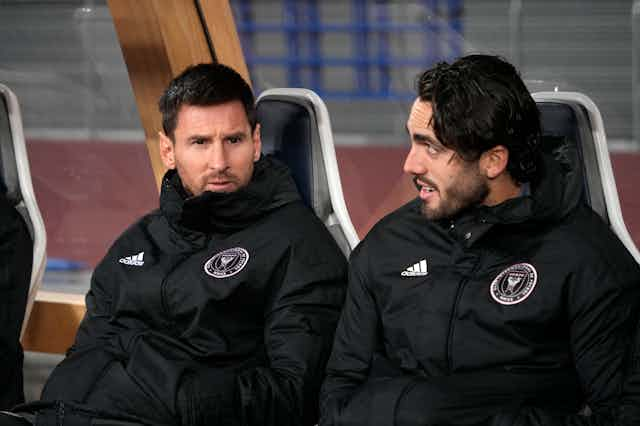A recent football match in Hong Kong has flared geopolitical tensions. A sell-out crowd was left disappointed when Inter Miami’s Argentinian superstar, Lionel Messi, did not come onto the field. Their disappointment soon turned to anger as, just days later, Messi played in another game in Japan.
Chinese state media, Hong Kong politicians and frustrated fans interpreted the act as a sign of disrespect, suggesting that there were political reasons for Messi’s absence. Two Argentina friendlies that were scheduled to take place in China in March have been cancelled. Some Hong Kong officials have demanded an “explanation and apology” from the player, while fans claimed that Messi should no longer be welcome in China.
Football has flared up tensions before, with lasting political consequences. In 1990, a game between Zagreb’s Dinamo team and Belgrade’s Red Star erupted into violence between fans and the police. The violence is believed by some to have sparked the ensuing Croatian war of independence (1991–95).
But one case in particular holds the reputation for a war that was started over a series of football matches.
In 1969, El Salvador and neighbouring Honduras played each other three times in the qualifying stages of the 1970 Fifa World Cup. The two matches that took place in Tegucigalpa (June 8) and San Salvador (June 15) were marred by violence between fans.
On the same day as the third match, in Mexico City on June 29, the Salvadoran government cut diplomatic ties with Honduras. Military action began two weeks later with aerial bombardment and a ground invasion, before coming to an end after a ceasefire was negotiated four days later. For its brevity, the conflict is known as the 100-hour war.
Of course, it would be silly to look for the causes of war in an ugly tackle, or in questionable decisions by referees. More than silly, to reduce the causes of war to a football match is disrespectful to the memories of the thousands of civilians displaced and killed in the conflict.
For that reason, as pivotal as these matches might have been for that war, it is essential to understand the broader context in which such an escalation of conflict becomes possible.
The war of the dispossessed
El Salvador is a fraction of the size of Honduras. But, despite the difference in area, El Salvador has a much larger population. At the start of the 20th century, Salvadoran farmers began migrating to Honduras in large numbers, primarily because of the greater availability of land across the border.
By the 1960s, the issue of land ownership had fuelled social tension in Honduras against the large population of Salvadoran migrants. The National Federation of Farmers and Livestock Farmers of Honduras was created to promote a land reform aimed at expelling Salvadoran peasants from Honduran land.
This allowed large property owners, including foreign companies like the US-based United Fruit Company, to increase their ownership share of arable land.

After a coup in 1963, the then Honduran president, General Oswaldo López Arellano, pursued the interests of these agrarian elites through the suppression of political opposition and systematic institutionalised violence.
Arellano’s brutal repression of peasant movements, with a specific nationalist sentiment mobilised against Salvadorans, caused the displacement of thousands of rural workers in the years before those football matches. This is why research on the topic usually refers to the conflict as the “war of the dispossessed”.
Escalating conflict
The level of violence against Salvadorans led the government in San Salvador to formally accuse Honduras of genocide. The communication sent by the Salvadoran chancellor to inform Tegucigalpa of the severed diplomatic ties in 1969 clearly frames the conflict in these broader terms.
“In this republic [Honduras] there is still … homicide, humiliation and violation of women, dispossession, persecution, and mass expulsion that have targeted thousands of Salvadorans due simply to their nationality, in events that have no precedents in Central America, nor in America as a whole.”
The football matches simply added a mobilising element that contributed to escalating an already existing conflict. The number of displaced Salvadoran peasants after the conflict reached hundreds of thousands. After the ceasefire, El Salvador had to deal with this large population of refugees.
The conflict also increased the Salvadoran nationalistic sentiment and the political role of the armed forces, setting the stage for the political disputes in the 1970s that would culminate in the Salvadoran civil war in 1979.
Many of the Salvadoran refugees already had experience of political organisation from the land disputes in Honduras and ended up joining the Farabundo Martí Popular Forces of Liberation. This was a faction of the Salvadoran Communist Party that later became a left-wing military organisation with support from Cuba and the Soviet Union.

Messi will not start a war in China
The idea that football started a war is misguided. The violence in those matches in 1969 would not have escalated without the broader sociopolitical context of violent dispossession. Lacking a similar context, the declarations of frustrated fans who expected to see Messi in Hong Kong will not escalate.
This is not to say that football lacks political relevance. The inflamed reaction by fans and Chinese authorities shows the effect that a political statement (or one perceived as such) by a celebrity can have on global politics. Messi himself recently published a statement on Weibo (China’s most popular microblogging site) denying any political motivation for not playing in Hong Kong.
Messi has avoided getting involved with politics, especially during Argentina’s heated general election in 2023. But others have done the opposite. Perhaps former Chelsea striker Didier Drogba calling for a ceasefire in Ivory Coast in 2007 can serve as an inspiring example of how footballers can use their popularity to influence global politics and even stop wars.

